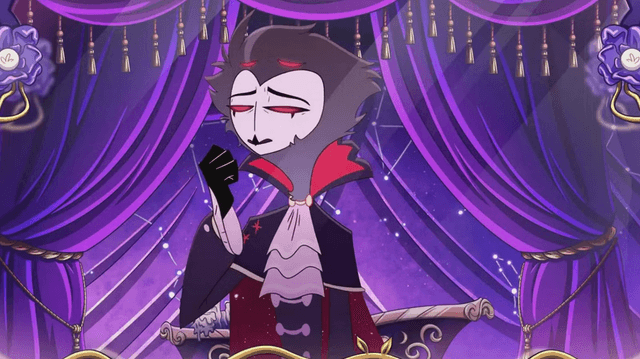If you click on a link and make a purchase we may receive a small commission. Read our editorial policy.
A literary Streisand effect: Bans on books like Gender Queer lead to increased readership, according to a new study
A new study from researchers at Carnegie Mellon University and George Mason University found that the circulation of the top 25 most banned books increased after they were banned

Popverse's top stories
- "And my axe!" Lord of the Rings star John Rhys Davies says there's one world leader who deserves Gimli's iconic weapon
- Wonder Man is the Andor of Marvel Studios’ modern TV series on Disney+
- Absolute Batman happened because DC Comics writer Scott Snyder got bored reading about ‘superhero fatigue’
Libraries and bookstores have become a new battleground for allegations of "obscenity" lobbed at books authored by or featuring people from marginalized backgrounds. Recently, the American Library Association published its list of most "challenged" books for the year 2024, with Maia Kobabe's graphic novel memoir, Gender Queer, taking one of the top spots. In light of this new political reality, researchers at George Mason University and Carnegie Mellon University have published a study in the journal, Marketing Science, that looks at the impact of book bans on consumer behavior.
The study, entitled Book Bans in American Libraries: Impact of Politics on Inclusive Content Consumption, revealed some startling findings akin to the Streisand effect. Banned books, on average, had a 12% increase in circulation in American libraries compared to unbanned, similar books after a ban on that title was announced. The researchers also found that social media played a significant role in bolstering circulation of banned material, with banned books with "higher visibility" online getting circulated more often at libraries.
There's a lot more that can be extrapolated from this nuanced study written by Uttara M. Ananthakrishnan, Naveen Basavaraj, Sabari Rajan Karmegam, Ananya Sen, and Michael D. Smith, and I encourage you to read the whole paper to get the full scope of what the researchers discovered. But to make one thing clear, don't interpret the results of this paper as a silver lining to book bans. Book bans are bad for all of us, generally.
Just like yourself, the Popverse staff spends a whole lot of time with our respective noses in respective books. It's why we've come up with stuff like:
- The hottest upcoming fiction
- Queer romance to add to your reading list
- A genre fiction literary column called If It Bleeds, We Read
...and a whole lot more. Join our metaphorical library, won't you? There are no late fees and you can be as loud as you want, so long as the people you live with are OK with it.
Follow Popverse for upcoming event coverage and news
Find out how we conduct our review by reading our review policy
Let Popverse be your tour guide through the wilderness of pop culture
Sign in and let us help you find your new favorite thing.
















Comments
Want to join the discussion? Please activate your account first.
Visit Reedpop ID if you need to resend the confirmation email.